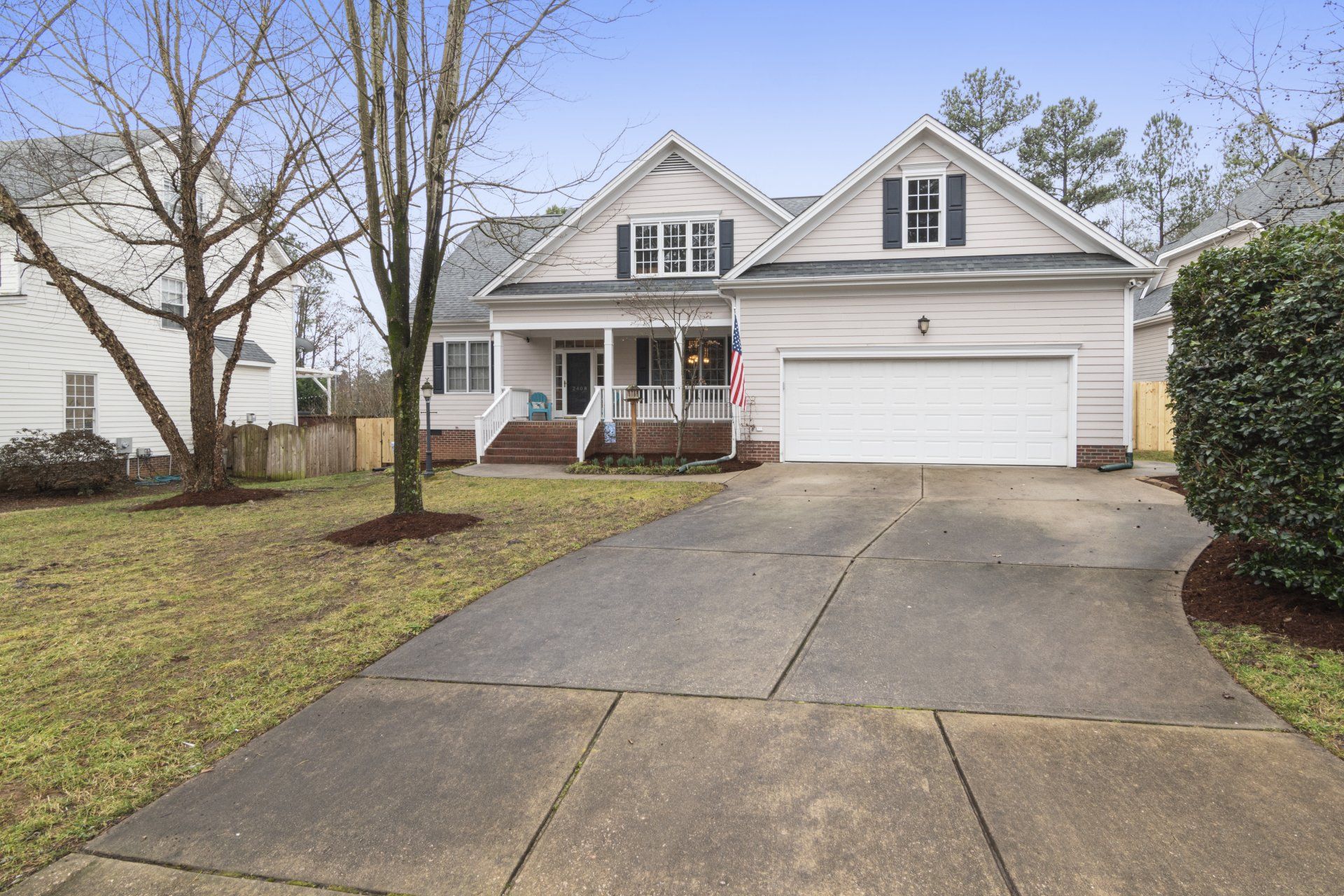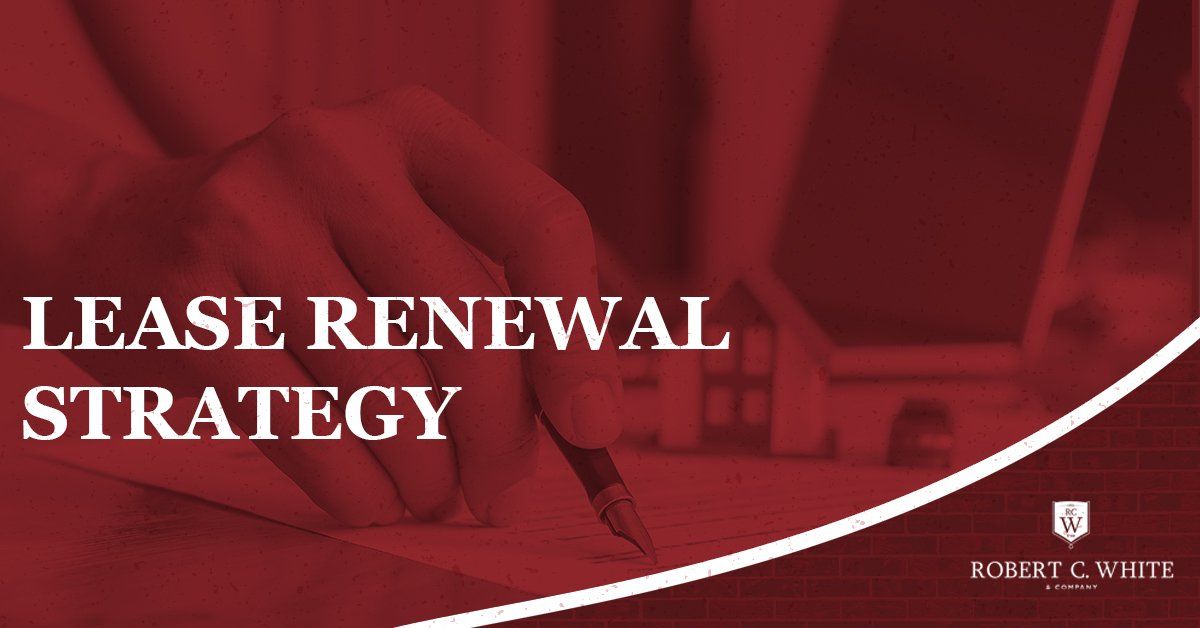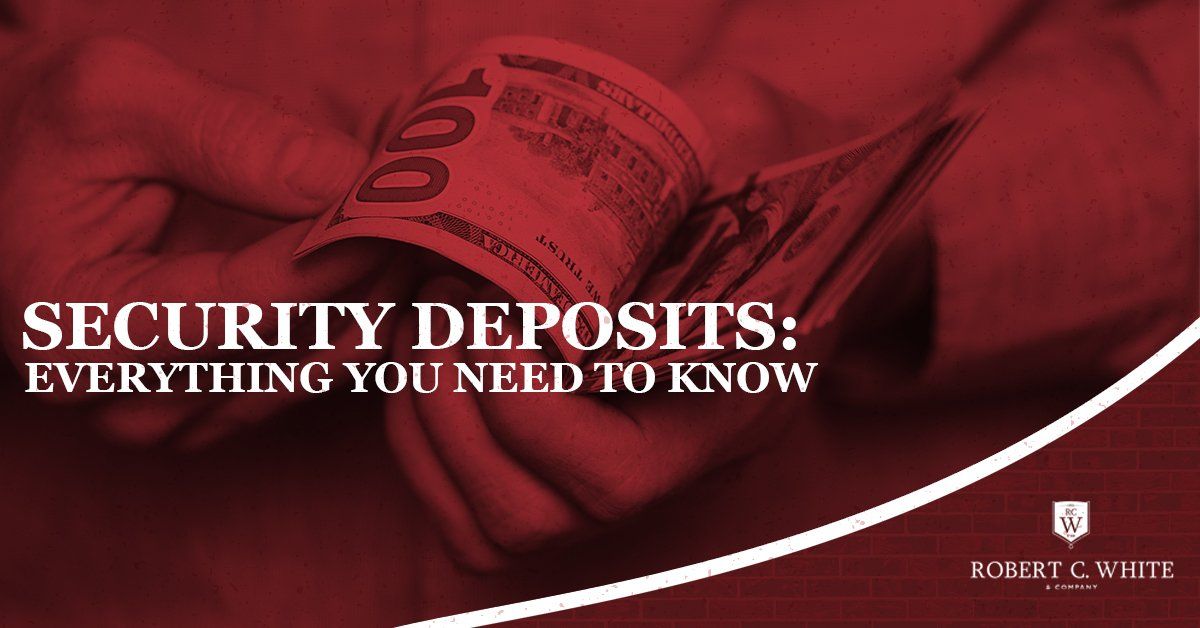Contact Robert C. White & Company
6 Real Estate Lessons We Wish We Knew Before Investing
Learn These Investing Lessons Early, Then Succeed!
At Robert C. White & Company, we have licensed agents and property managers that are also real estate investors themselves. Their personal experiences allow them to offer unique insights and lessons that they wish they’d learned sooner! So, after polling around the office, we’ve put together a list of 6 critical real estate lessons we’d wish we’d known before we started investing! Take a few minutes to read below in order to save yourself time and money as you start your real estate journey.
1. House Hacking is the Perfect Way to Start Investing
If you’re unfamiliar with the term “house hacking,” it’s actually quite a simple way to enter real estate investing. The idea is to buy a multi-family property, live in one of the units yourself, and rent out the rest. By renting out the additional units at your property, the tenants effectively help to pay a large part (or all) of your mortgage! There are a host of other reasons that make house hacking great as well. Firstly, by preparing to live in your property, you can get better financing rates and options from lenders. Being on site at your first rental property will also give you a hands-on introduction to management.
And one other trick to mention…there are actually options to house hack in single family properties too! If a home has an additional dwelling unit (called ADU’s for short) - like a basement apartment or an in-law suite - the owner can bring in additional income and “house hack” that way to start.
2. To Turn a Profit, You Need Efficient Management
The fastest way to make money at your income property is to become efficient in your management and leasing processes! The biggest revenue killers for investors are prolonged vacancies, evictions, failure to collect rents, and excessive tenant damages. If you don’t have the right systems in place to manage these things, you’ll start off losing money. Some owners decide to hire a professional property manager for these very reasons.
Whether you're self-managing or have help from professionals, the most important thing when it comes to property management is having a solid tenant selection and retention program. Good tenants have fewer late payments, offer lower chances of eviction, have lower turnover rates, and take better care of properties. Solid tenant screening and retention strategies help to avoid the revenue killers we mentioned above.
3. Build a Trusted List of Vendors/Contractors
Want to save yourself time and money from the moment you start investing in real estate? Build a trusted list of vendors and contractors as quickly as possible! The faster you can find and build good relationships with plumbers, carpenters, cleaners, and others…the better. Being a landlord and managing property requires you to be on call for maintenance and emergencies. When needs do arise at one of your properties, you’ll want to have someone that will respond quickly and get the job done right the first time around.
4. Keep an Emergency Fund
How much cash is enough? Do you really need $10,000 in emergency funds for your rental property? The short answer is, no. And the more cash you hold onto, the less work it’s doing for you in other investments. If you’re buying your first investment property, you won’t necessarily need to have a lump lying around. $500 might be cutting it short, but no need to have more than $2,000 or $3,000 aside for your property emergency fund. This small reserve means you're ready anytime repairs are needed or your tenants are late on rent for a period. It could also help cover the cost of something like a new furnace when larger items like that inevitably break. Keep an emergency fund, but not too much.
5. Don’t Buy in Worst Neighborhoods Just Because They’re Cheap
Just because a property is offered at a cut-rate deal, doesn’t make it a good investment. Chances are, a property listed at a discount in a shady part of town, isn’t all that tremendous. If you start investing in real estate in undesirable areas, your rental revenues will suffer and tenant selection and retention will be more difficult. As we mentioned in section two, these things make managing and profiting from real estate more difficult.
Investing in rundown neighborhoods because they are the cheapest entry point or you think you can “change the neighborhood,” tends to catch up quickly. To give yourself the best chance as a first timer, you’ll want to be able to attract quality tenants that respect your properties and are unlikely to miss rent or become an eviction problem. There are certain investors that can handle high turnover and eviction rates, but they have deep pockets and unique processes in place to ensure they still turn a profit. If you’re looking for your first rental property, make sure it’s in a solid location.
6. Learn to Predict Cash Flow and Profitability Accurately
Investors without experience tend to struggle predicting cash flow. Cash flow is the difference between a property's incomes and expenses including debts, and of course…you want to be cash flow positive! If you can figure this one out before you ever start investing, you’ll ensure a profit from the start. Inexperienced investors will calculate cash flows as though things run smoothly at the property 12 months of the year…but what happens when you have a prolonged period of vacancy or your tenant does $2,000 in damage when they leave? If you didn’t forecast for these things, what looked like a profitable investment before you purchased it, can quickly turn into a losing one. If you’d like to learn how to approximate and calculate cash flow in more detail - CLICK HERE.
Well, there here you have it! 6 real estate lessons we wish we’d known before we started! If you can figure this stuff out before you buy your first rental, you'll be in excellent shape to start making money from day one. Happy investment hunting to you from the Robert C. White Team! 😊
Need Help With Your Investment Property Search?
Contact our Rental Advisors directly at
860-200-3331
Our Services
Main Office: (860) 613-6290
Our Services: (860) 200-3331
info@robertcwhite.com
57 Dodge Ave Suite 107, North Haven, CT 06473
CT Licensed Broker #0790511

Business Hours
- Mon - Fri
- -
- Sat - Sun
- Closed
Business Hours
- Mon - Fri
- -
- Sat - Sun
- Closed












